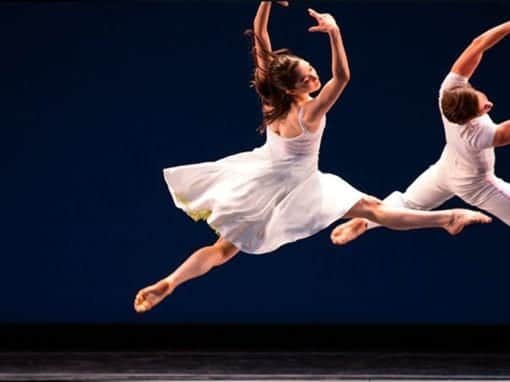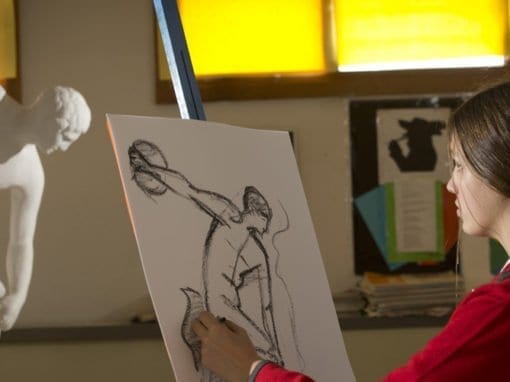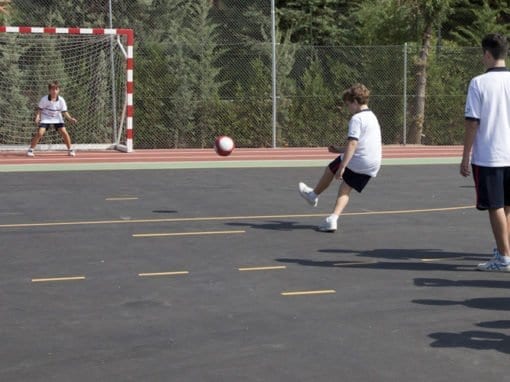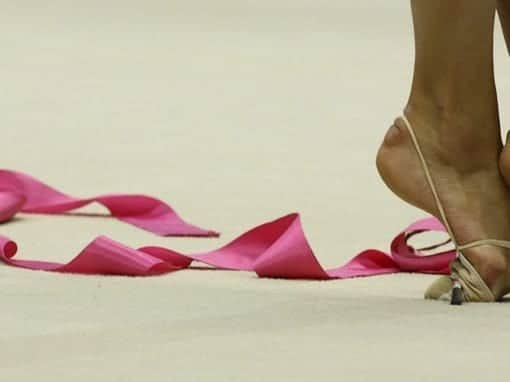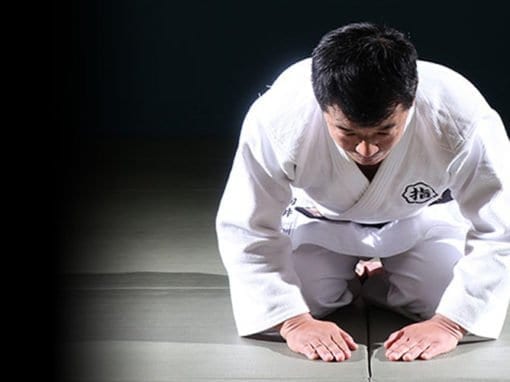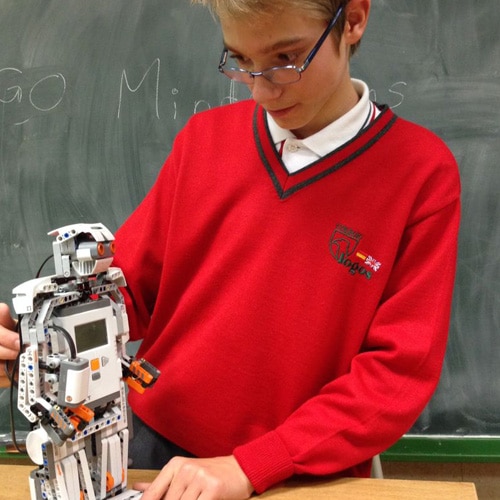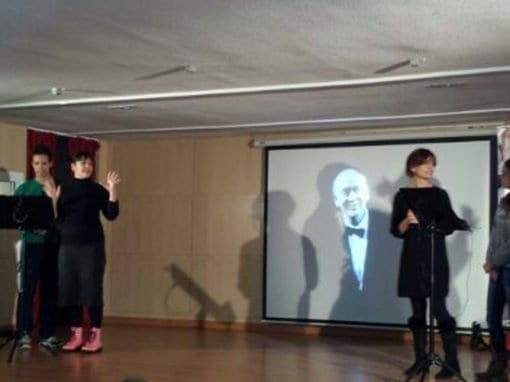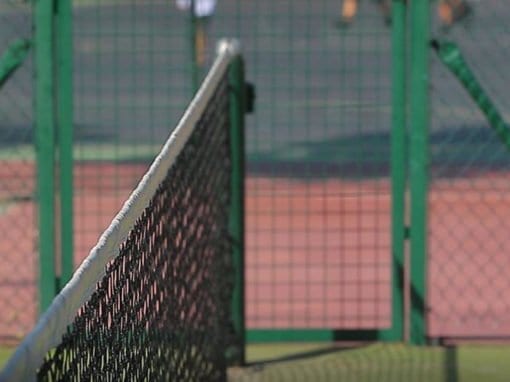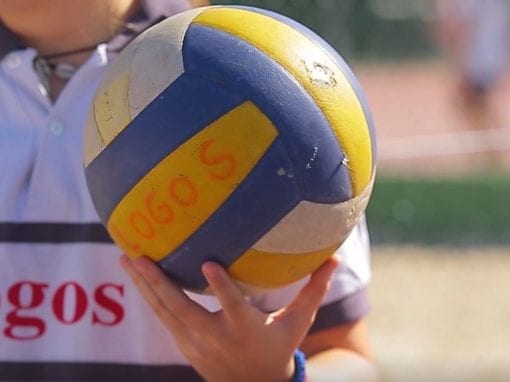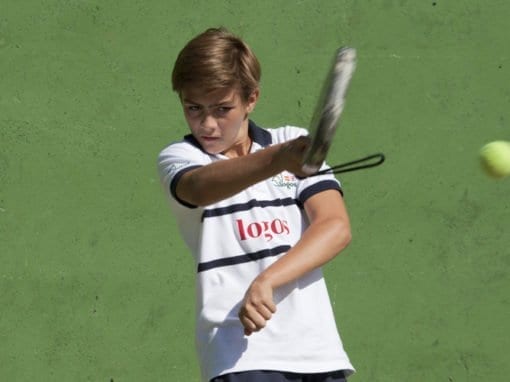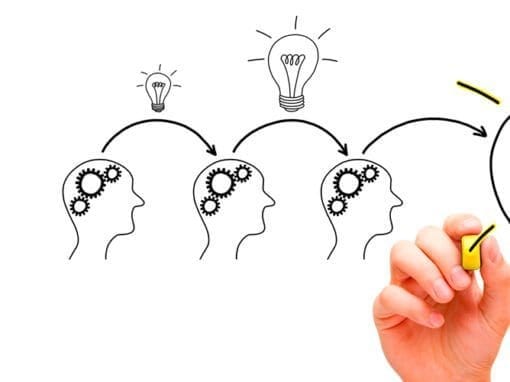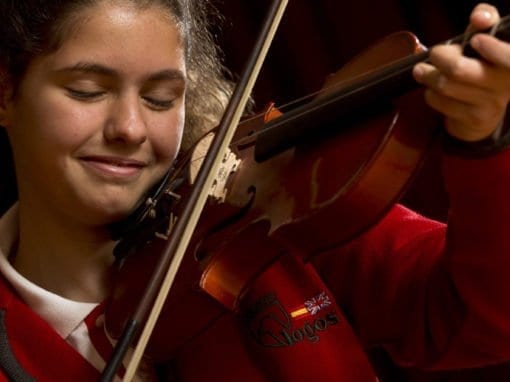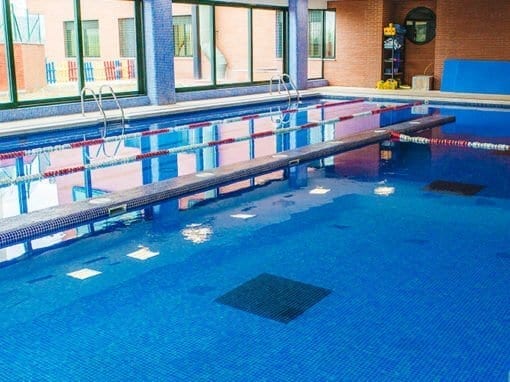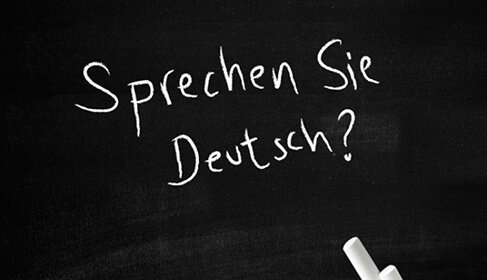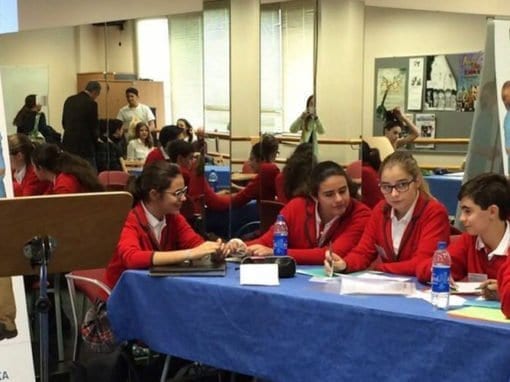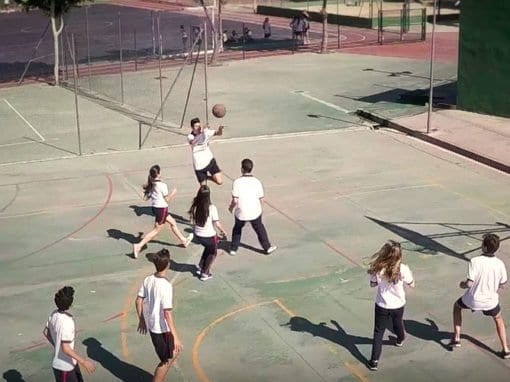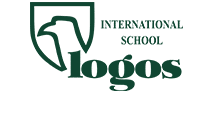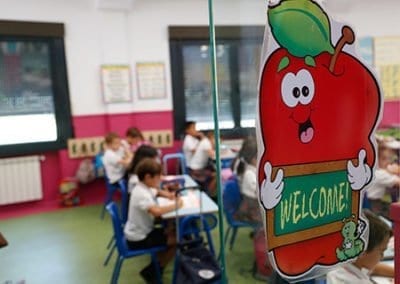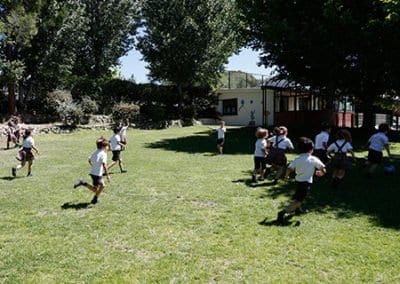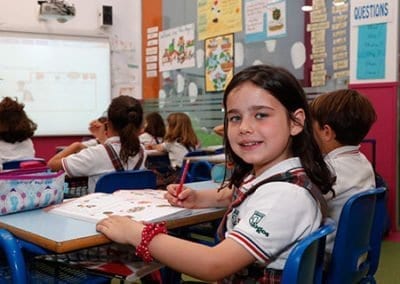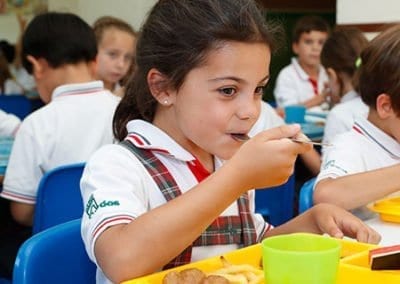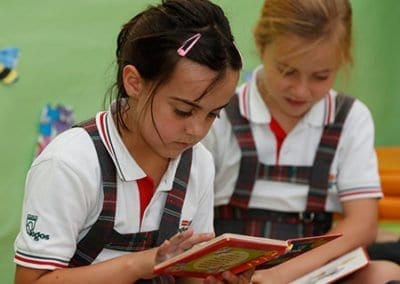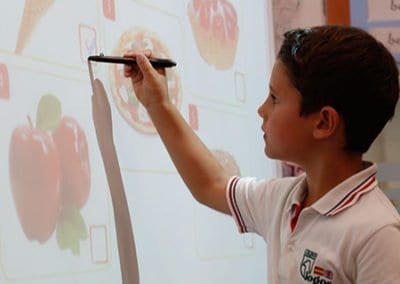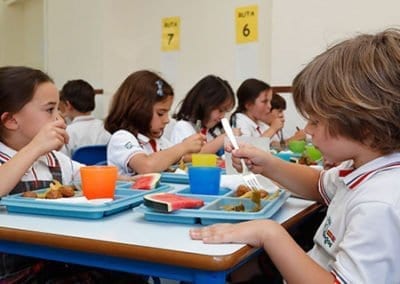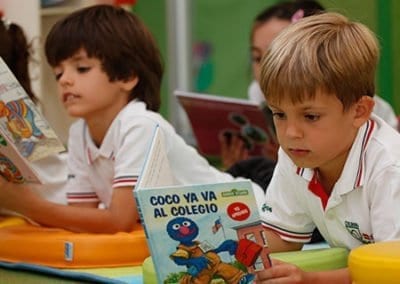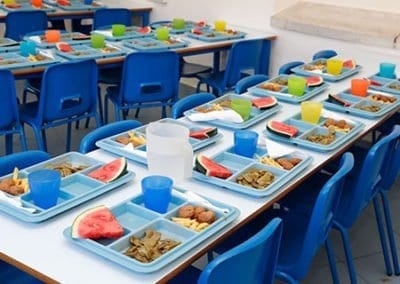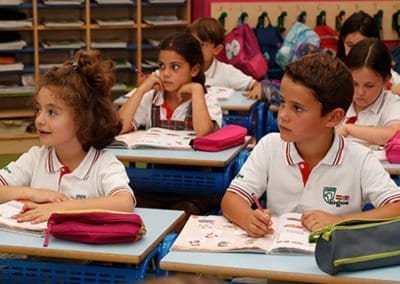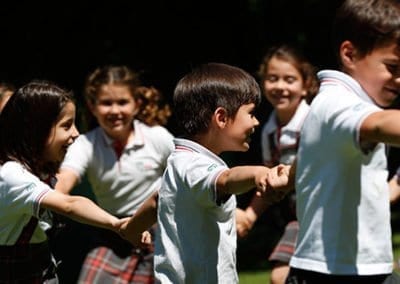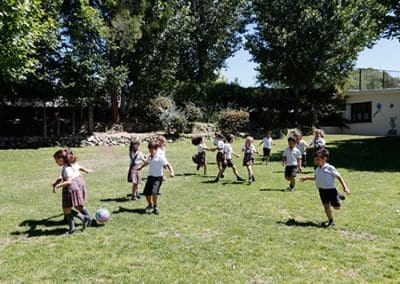1st. Year Primary School
“El Ruedo: an exclusive building that makes the change from the recently graduated infant school to “the big school” possible.
PROGRAMME
Through all primary stages, teaching at the Logos School is bilingual in English and Spanish. Language immersion has proven to be the most effective and natural way of learning. The bilingual programme was implanted in Logos School in 1984, so we can be considered pioneers in this aspect.
- In primary school, pupils have the same English and Spanish teachers for two consecutive years. We believe that this experience enables us:
_ To obtain the best from our students.
_ To get to know our students very well and establish bonds of trust between family and school.
_ To detect quickly and efficiently any special measures they may need to be taken.
- A qualified ICT teacher is responsible for the teaching of Computer Science in English, using iPads in the classroom with 1st grade primary pupils and the ICT Laboratory in 2nd grade.
- All elementary school children have their English and Spanish classrooms. 1st and 2nd primary also have their own arts classroom.
- Physical Education, Artistic and Dramatic Expression are very important pillars of Integral Formation at Logos and this can always be seen reflected in our way of teaching.
- English conversation classes weekly with native assistant teachers.
- Assimilation through “ gamelogy “and applications to learn both in English and Spanish through iPad weekly.
- We firmly believe in the formation of values, where teachers listen and talk to the students from 1st grade onwards. Children are taught to value and respect themselves, as well as their peers and teachers and the world around them.
Learning has a significant base with multiple resources, both human and material
Logos International School could be defined as a traditionally- modern school that aims to be in continuous evolution while committed to the world around us. Teachers are in continuous training and new ways of working in classrooms are implemented based on the actual circumstances and reality of our students.
The classrooms are equipped with the most modern resources on the educational landscape: computers, i-pads, digital whiteboards, in which both external programme content and specific applications for the corresponding course are displayed.
The methodology we use is CLIL (Integrated Learning of Content and Foreign Language) which is combined with active, varied and flexible methodologies that are based on “learning by doing”, always agreed upon in department meetings. This method aims to familiarize children with each one of the different activities, and so, in this way, enabling the development of the key competences of the curriculum throughout elementary school and thus maximize learning by intelligences.
The subjects taught follow the following table:
Spanish areas | English areas |
| Spanish language | English language |
| Mathematics | Nature Sciences |
| Religion/Social and civic values | Social Sciences |
| Artistic education | |
| Physical education | |
| Computers |
Tutoring is one of the basic pillars on which the centre’s methodology is based.
The tutors:
Coordinate relationships between teachers and students.
Favour the integration, interests and activities of the group.
Guide students in their process of intellectual growth and maturaty and control their academic performance.
Devote special attention to the personal and professional guidance of their pupils.
Maintain direct contact with families, informing parents about the situation of their children and, together with them, seek the best solutions to any personal or academic problems that may arise.
ACTIVITIES
